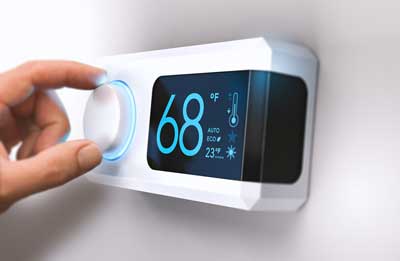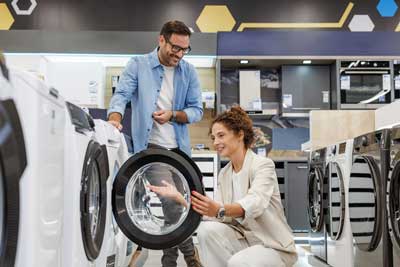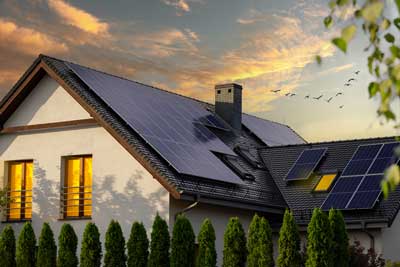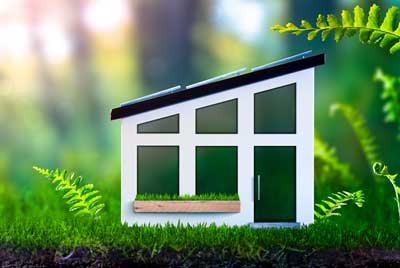Click below to listen to our Consumerpedia podcast episode on saving energy at home.
Over the last 30 years, the U.S. population has grown, the number of homes has increased, and houses have grown larger, yet overall residential energy consumption has remained flat, according to the U.S. Energy Information Administration. Due to product innovations, improved construction techniques, and better habits, we’re using relatively less energy for heating, cooling, lighting, hot water, and to power gadgets. But despite significant efficiency gains, most homes still unnecessarily waste lots of energy, contributing to pollution and climate change while gobbling money.
Over the next decade, new, generous tax credits and rebates will allow many Americans to make energy-saving home improvements. A major goal of the sprawling 2022 Inflation Reduction Act is to create incentives for U.S. households and businesses to shift to technologies that consume less energy and cut greenhouse-gas emissions. To meet U.S. climate goals, tens of millions of families and businesses must switch from gas-fed engines, furnaces, and appliances to vehicles, HVAC units, and stoves that run off an electrical grid increasingly powered by renewables such as wind, solar, and hydro.
The law allots more than $350 billion for energy and climate programs. About $80 billion of that goes toward rebates of up to $14,000 per household for making green energy upgrades over the next decade. Some of the law’s biggest incentives encourage households to install solar panels and switch to heat pumps to heat and cool their homes.
But you don’t have to spend a lot to sharply reduce your home’s energy usage. Often, making inexpensive improvements, adopting better habits, and buying better products will substantially reduce waste.
Here are 30 things you can do around your home to help save energy. They include cheap-yet-effective steps and upgrades that require some upfront spending, but quickly pay for themselves from lower utility bills. A few are expensive projects that will minimize your home’s energy consumption—or make it energy independent.
Much of this article draws on other info available here at Checkbook.org—advice on hiring and dealing with heating and air-conditioning contractors, window suppliers, insulation installers, energy auditors, appliance stores, solar energy project installers, and more. Also check the resources listed in the articles below.





